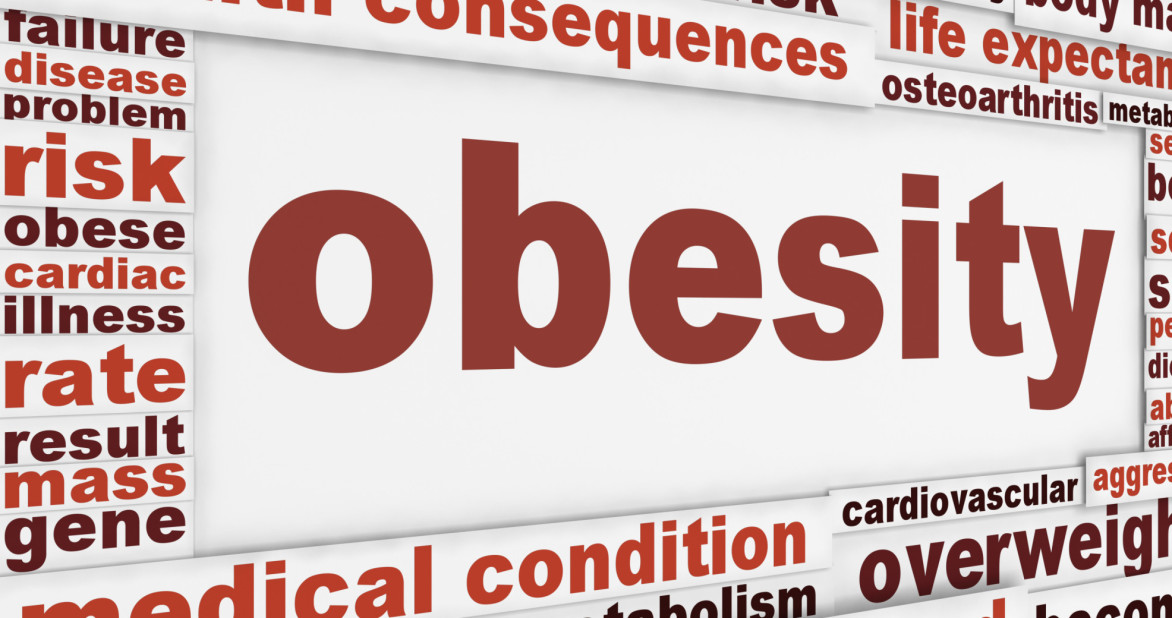Comprehensive cancer disease impacts on obese patient

Comprehensive cancer disease impacts on obese patient however this could be addressed by loosing weight effectively
Comprehensive cancer disease impacts on obese patient: The risk of cancer patients being obese
Obesity is a condition where an individual person or persons has an abnormal high and unhealthy proportion of body fat. The measurement of obesity is often done using the BMI scale. This is believed to provide a more reliable and accurate measure of obesity or overweight as oppose to the use of weight alone. Now of what interest do we have in the ascertainment of peoples’ weight? This is because the prevalence of obesity and overweight is growing into a catastrophic situation and people’s health is at risk. National Health and Nutrition Examination Survey (NHANES) is giving an estimation of about 68% in US alone as the adult population age 20 and above to be struggling with either obesity or overweight. With this impact and the complications that come with being obese or overweight, it has become necessary that both the professionals and the laymen take a position in fighting the scourge. With the help of experts from AWAREMED Health and Wellness Resource Center under the leadership of doctor Dalal Akoury MD, we want to understand how the comprehensive cancer disease impacts on obese people with a view of creating awareness to the society to be on the look out of the consequences that are attached to these two conditions.
Comprehensive cancer disease impacts on obese patient: Various types of cancer associated with being obese
Experts have established that obesity is closely associated with increased risks of various types of cancer including the following among many others:
- Esophagus
- Pancreas
- Colon and rectum
- Breast (after menopause)
- Endometrium (lining of the uterus)
- Kidney
- Thyroid
- Gallbladder
Speaking to doctor Dalal Akoury about these disturbing facts she adds that several possible mechanisms have been suggested in the past to explain the association of obesity with increased risk of certain cancers making reference to the following suggestions:
- Fat tissue produces excess amounts of estrogen, high levels of which have been associated with the risk of breast, endometrial, and some other cancers.
- Obese people often have increased levels of insulin and insulin-like growth factor-1 (IGF-1) in their blood (a condition known as hyperinsulinemia or insulin resistance), which may promote the development of certain tumors.
- Fat cells produce hormones, called adipokines that may stimulate or inhibit cell growth. For example, leptin, which is more abundant in obese people, seems to promote cell proliferation, whereas adiponectin, which is less abundant in obese people, may have anti-proliferative effects.
- Fat cells may also have direct and indirect effects on other tumor growth regulators, including mammalian target of rapamycin (mTOR) and AMP-activated protein kinase.
- Obese people often have chronic low-level, or “sub-acute,” inflammation, which has been associated with increased cancer risk.
Other possible mechanisms include altered immune responses, effects on the nuclear factor kappa beta system, and oxidative stress. With that it becomes clear that obesity can really complicate what is already complicating your health. We can be safe from this problem by choosing to live a healthy lifestyle all round. Doctor Akoury can be of great help to you in all matters pertaining weight management if only you can schedule for an appointment with her today.
Comprehensive cancer disease impacts on obese patient: The risk of cancer patients being obese









